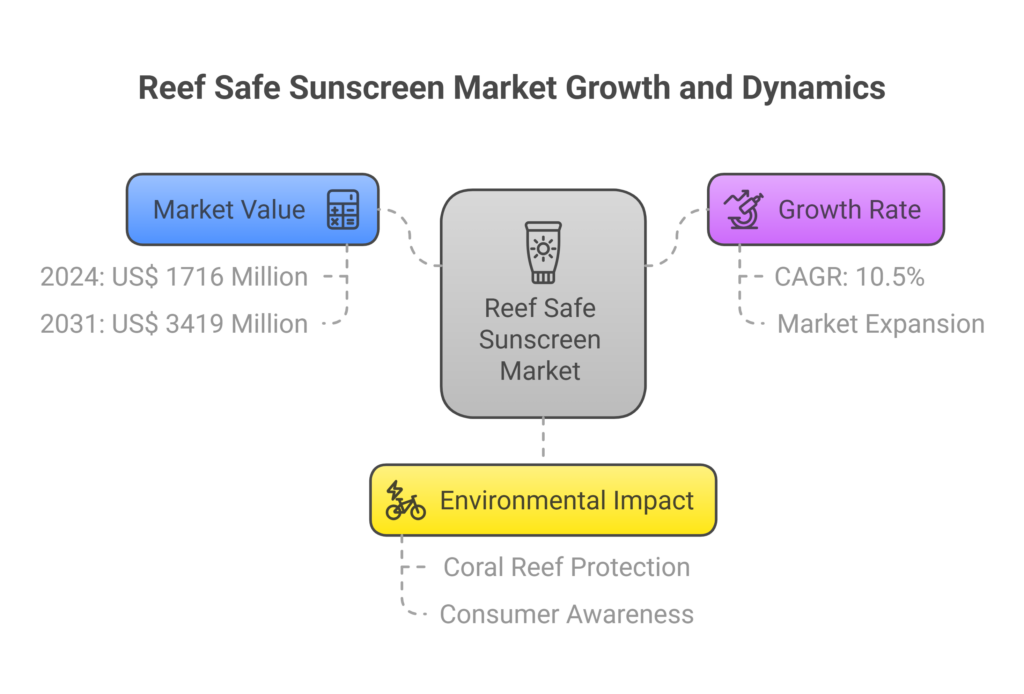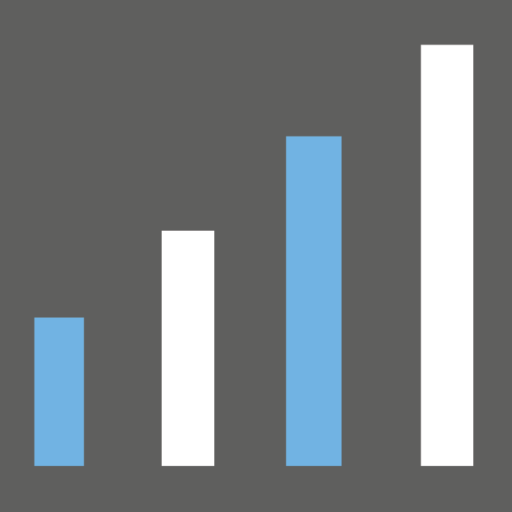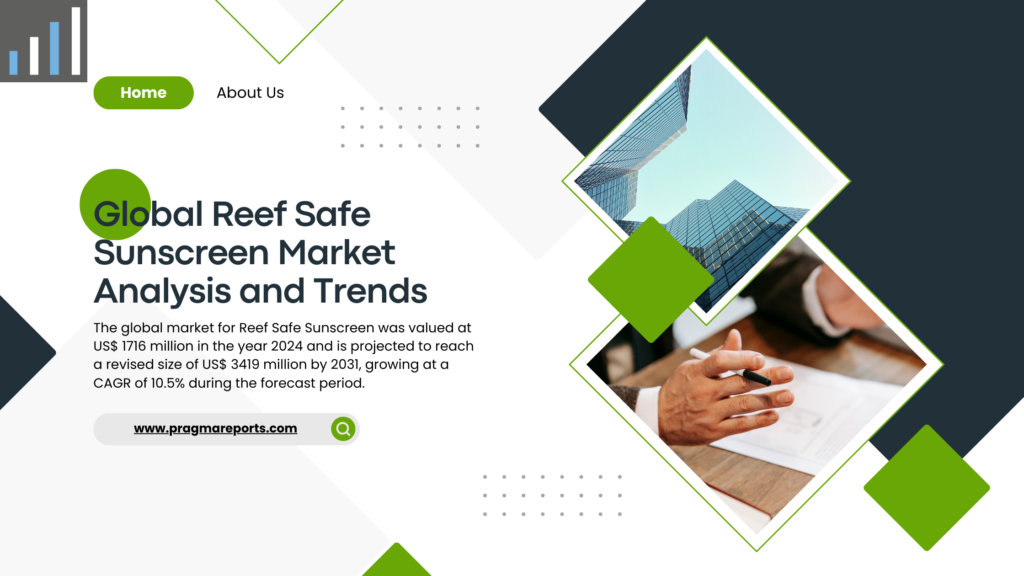Article Outline
1. Market Overview and Introduction to Reef Safe Sunscreen 2. Market Size and Growth Projections (2024-2031) 3. Key Players Shaping the Reef Safe Sunscreen Market 4. Regional Analysis: Market Dynamics in North America, Europe, Asia Pacific, and Beyond 5. Market Segmentation by Type: SPF Levels 6. Market Segmentation by Application: Sales Channels 7. Environmental Impact and Consumer Awareness 8. Competitive Strategies and Product Innovation 9. Regulatory Landscape and Certifications 10. Challenges and Opportunities in the Reef Safe Sunscreen Market 11. Future Trends and Innovations in Reef Safe Sunscreen 12. Conclusion: The Future of Reef Safe Sunscreen1. Market Overview and Introduction to Reef Safe Sunscreen
Reef safe sunscreen is formulated without chemicals like oxybenzone and octinoxate, known to harm coral reefs. It caters to environmentally conscious consumers seeking effective sun protection that minimizes ecological damage. This overview explores the factors driving market growth.
The rise in eco-tourism and awareness of sunscreen’s impact on marine life are key drivers. Reef safe sunscreens provide a sustainable alternative, aligning with global efforts to protect coral reefs and marine ecosystems.
2. Market Size and Growth Projections (2024-2031)
The global Reef Safe Sunscreen market is experiencing rapid growth. Valued at US$ 1716 million in 2024, it is projected to reach US$ 3419 million by 2031, growing at a CAGR of 10.5%. This growth reflects increasing consumer demand and product availability.
The projected growth is driven by rising environmental concerns and stricter regulations. The increasing adoption of reef safe sunscreen as a standard product is expected to further boost the market’s expansion in the coming years.

3. Key Players Shaping the Reef Safe Sunscreen Market
The reef safe sunscreen market includes diverse players. Key companies are Think, La Roche, Badger Balm, Alba Botanica, Bare Republic, Black Girl, Supergoop, Sun Bum, California Baby, Shiseido, Stream2Sea, Beautycounter, All Good, Raw Love, Suntegrity, Tropic Skincare, Green People, Pai Skincare, Babo Botanicals, Naïf, Ultrasun, Nivea, Biossance, Garnier, Bondi Sands, Coola, Naked Sundays, Skinnies, Kokua Sun Care, and Raw Elements. These firms drive innovation.
These companies focus on expanding product lines and distribution. They employ marketing, retail partnerships, and diversification to enhance market presence. The landscape is dynamic, with new entrants innovating to maintain their positions.
4. Regional Analysis: Market Dynamics in North America, Europe, Asia Pacific, and Beyond
The Reef Safe Sunscreen market shows regional differences. North America is significant, driven by U.S. and Canadian consumers. Europe is key, with demand in Germany, France, and the UK. The Asia Pacific region grows quickly, especially in China and Japan, due to rising eco-awareness.
South America and the Middle East & Africa have growth potential. Brazil and GCC countries show interest. Each region needs tailored strategies to capitalize on local dynamics and consumer preferences.
5. Market Segmentation by Type: SPF Levels
The Reef Safe Sunscreen market segments by SPF level: SPF 30, SPF 50, and others. SPF 30 provides basic protection, while SPF 50 offers higher defense against UV rays. Other types cater to specific needs.
Demand varies across SPF levels. SPF 50 is popular for prolonged sun exposure, while SPF 30 suits daily use. “Others” meet niche demands. Manufacturers target segments with specific needs.
6. Market Segmentation by Application: Sales Channels
The Reef Safe Sunscreen market is segmented by sales channel: offline and online. Offline sales occur in stores. Online sales leverage e-commerce for wider reach.
Both channels are key. Online retail grows rapidly due to convenience. Offline sales offer direct interaction. Market players use both to maximize reach.
7. Environmental Impact and Consumer Awareness
The environmental impact drives the Reef Safe Sunscreen market. Traditional sunscreens harm coral reefs. Consumers seek reef-safe options, reducing ocean damage. Consumer awareness is essential for market growth.
Education on sunscreen’s impact drives market adoption. Reef-safe products reduce reef damage. Informed consumers seek eco-friendly choices, boosting demand.
8. Competitive Strategies and Product Innovation
The Reef Safe Sunscreen market is competitive. Innovation, marketing, and distribution are vital. Companies create new formulas and delivery methods.
Effective marketing and social media build brands. Expanding distribution maximizes sales. Differentiation via quality and environmental benefits is key.
9. Regulatory Landscape and Certifications
Regulations shape the Reef Safe Sunscreen market. Standards ensure consumer safety. Certifications validate claims. Compliance is crucial for market access.
Manufacturers adhere to quality standards. Transparent labeling builds trust. Staying informed and adapting practices is vital for market sustainability.
10. Challenges and Opportunities in the Reef Safe Sunscreen Market
The Reef Safe Sunscreen market faces challenges. These include higher costs and skepticism. Opportunities exist in new products and segments.
Opportunities include new formulations and online channels. Innovations attract customers. Sustainability appeals to consumers. The market has growth potential.
11. Future Trends and Innovations in Reef Safe Sunscreen
Future trends include enhanced formulations and sustainability. Nanoparticle-free and biodegradable options are emerging. Personalized sun care gains traction.
Consumers seek eco-friendly options. Innovations meet demand for effective, sustainable products. The market adapts to evolving needs.
12. Conclusion: The Future of Reef Safe Sunscreen
The Reef Safe Sunscreen market grows rapidly with rising eco-awareness. It offers opportunities and faces challenges. Innovation and sustainable strategies drive success.
The market’s future is bright. Meeting evolving consumer needs and environmental standards is crucial. Investment in innovation drives future growth.
For more detailed insights, you can refer to the Reef Safe Sunscreen Market report.
Key Market Segments
By Type
| Segment | Description |
|---|---|
| SPF 30 | Sunscreen with SPF 30 protection. |
| SPF 50 | Sunscreen with SPF 50 protection. |
| Others | Sunscreen with other SPF levels. |
By Application
| Segment | Description |
|---|---|
| Offline Sales | Sales through physical retail stores. |
| Online Sales | Sales through e-commerce platforms. |
Related Reports:
- Global Diabetes Care Devices Market Size, Share, Growth Drivers, Trends, Opportunities, Overall Sales and Demand Forecast To 2030
- Global Defibrillator Market Size, Share, Growth Drivers, Trends, Opportunities, Overall Sales and Demand Forecast To 2030
- Global Dog Daycare Franchise Market Size, Share, Competitive Analysis, Key Players, Growth Drivers, Trends, Opportunities, Revenue Analysis, and Demand Forecast to 2032
- Global Emergency Food Market Share, Size, Key Players, Competitive Landscape, Growth Drivers, Trends, Opportunities, Revenue Analysis, and Demand Forecast to 2032
- Global Insect Feed Market Growth Drivers, Size, Share, Key Players, Competitive Analysis, Trends, Opportunities, Revenue Insights, and Demand Forecast to 2032





